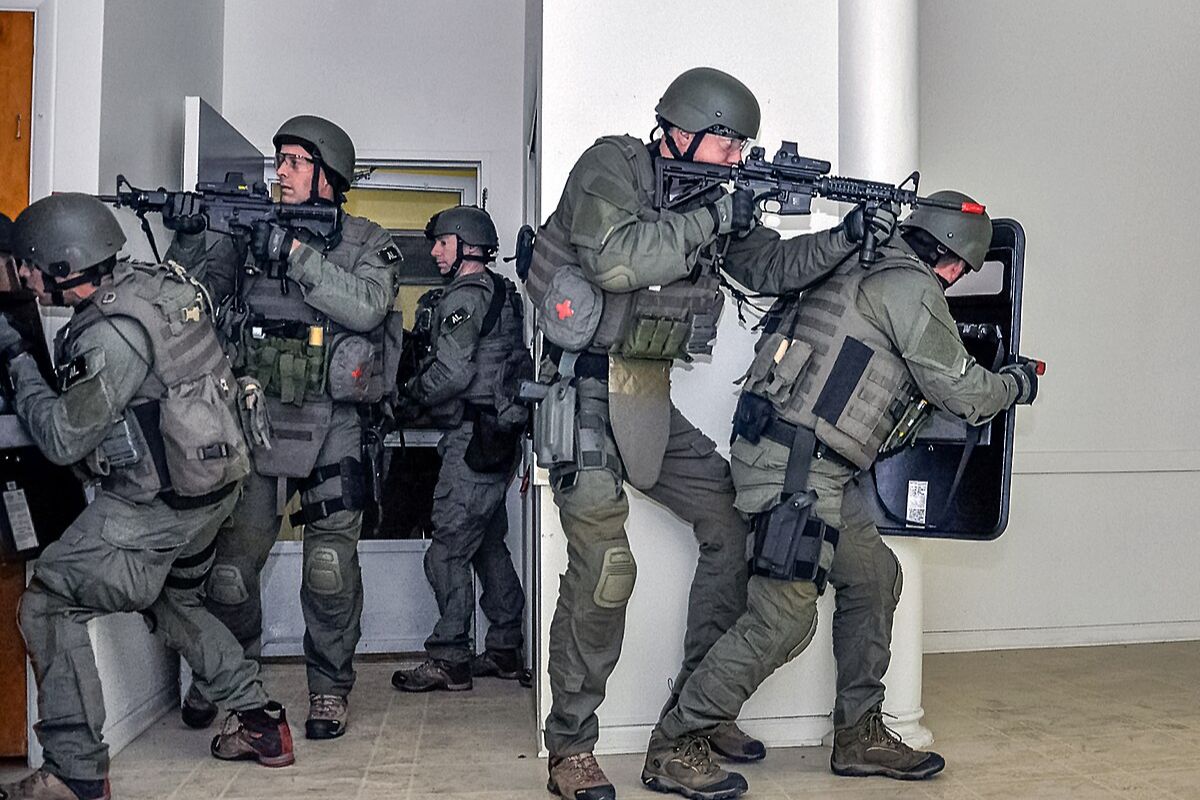
Swatting is a dangerous prank where someone makes a false report to emergency services, causing a SWAT team to respond to an unsuspecting person's home. This act can lead to serious consequences, including injury or even death. Swatting incidents have increased with the rise of online gaming and social media, making it a growing concern for law enforcement. Understanding the risks and legal repercussions of swatting is crucial for everyone, especially those active in online communities. This blog post will provide 30 essential facts about swatting to help you stay informed and safe.
What is Swatting?
Swatting is a dangerous prank where someone makes a false report to emergency services, leading to a large police response at an unsuspecting person's home. This act can have serious consequences for both the victim and the prankster.
- Swatting incidents often involve a fake report of a serious crime, like a hostage situation or an active shooter.
- The term "swatting" comes from the SWAT (Special Weapons and Tactics) teams that are usually dispatched in these situations.
- Swatting is considered a form of cyber harassment and is illegal in many places.
- Victims of swatting can experience trauma, property damage, and even physical harm.
- Perpetrators of swatting can face severe legal consequences, including jail time and hefty fines.
History of Swatting
Swatting has been around for a while, but it gained more attention with the rise of online gaming and live streaming. Let's look at some historical aspects.
- The first known swatting incident occurred in the early 2000s.
- Swatting became more prevalent with the popularity of online gaming and platforms like Twitch.
- High-profile cases have involved celebrities and well-known online personalities.
- Some swatting incidents have been linked to revenge or personal grudges.
- Law enforcement agencies have become more aware and are taking steps to combat swatting.
Legal Consequences
Swatting is not just a prank; it's a serious crime with significant legal repercussions.
- In the United States, swatting can lead to federal charges.
- Perpetrators can be charged with false reporting, harassment, and endangerment.
- Some states have specific laws against swatting, with penalties including prison sentences of up to 20 years.
- International cases of swatting have led to extradition and cross-border legal actions.
- Victims can also sue perpetrators for damages in civil court.
Impact on Victims
The effects of swatting on victims can be long-lasting and severe.
- Victims often experience psychological trauma, including anxiety and PTSD.
- There can be financial costs due to property damage and legal fees.
- Some victims have been injured or even killed during swatting incidents.
- Families of victims also suffer, dealing with the emotional and financial fallout.
- Swatting can lead to a loss of trust in law enforcement for the victims.
Preventing Swatting
Efforts are being made to prevent swatting and protect potential victims.
- Some police departments have created registries for individuals who fear they might be targeted.
- Technology companies are working on ways to better identify and prevent false reports.
- Education campaigns aim to inform the public about the dangers and consequences of swatting.
- Collaboration between law enforcement and tech companies is crucial for effective prevention.
- Individuals can take steps to protect their personal information online to reduce the risk of being targeted.
Notable Swatting Incidents
Several high-profile swatting incidents have brought attention to this dangerous trend.
- In 2017, a swatting incident in Wichita, Kansas led to the death of an innocent man.
- Celebrities like Justin Bieber and Tom Cruise have been victims of swatting.
- Some gamers and streamers have been swatted live on camera, bringing more awareness to the issue.
- In 2019, a man was sentenced to 20 years in prison for his role in a fatal swatting incident.
- The FBI has been involved in investigating and prosecuting swatting cases, highlighting the seriousness of the crime.
The Final Word on Swatting
Swatting isn't just a prank; it's a dangerous crime that puts lives at risk. Understanding the seriousness of swatting can help spread awareness and prevent future incidents. Law enforcement agencies are cracking down on offenders, but public awareness plays a crucial role too. If you ever suspect someone is planning a swatting, report it immediately.
Remember, swatting wastes valuable resources and can lead to severe consequences for both the victim and the perpetrator. Stay informed, stay vigilant, and help create a safer online community. By spreading the word and educating others, we can all contribute to reducing this harmful practice.
Stay safe and always think twice before engaging in any online activities that could harm others. Let's work together to put an end to swatting for good.
Was this page helpful?
Our commitment to delivering trustworthy and engaging content is at the heart of what we do. Each fact on our site is contributed by real users like you, bringing a wealth of diverse insights and information. To ensure the highest standards of accuracy and reliability, our dedicated editors meticulously review each submission. This process guarantees that the facts we share are not only fascinating but also credible. Trust in our commitment to quality and authenticity as you explore and learn with us.
